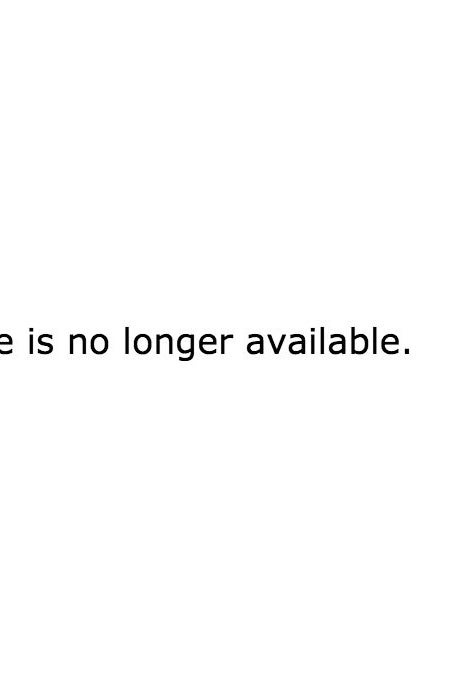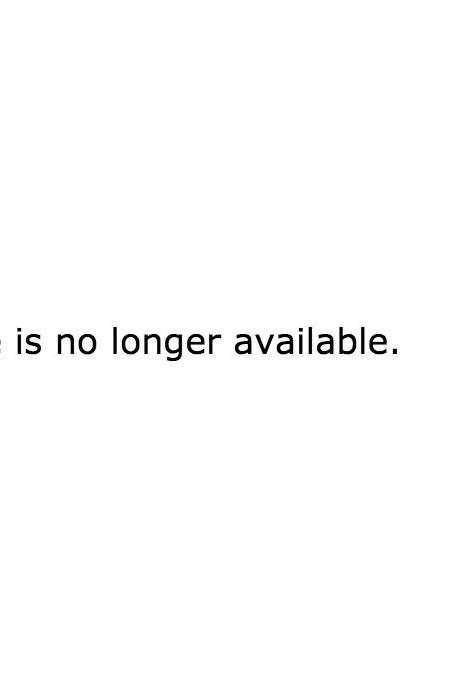
Robert Downey Jr. plays a charming asshole in The Judge. Robert Duvall plays a lovable grump. These are developments as expected as the fact that, in a movie that combines legal and family turmoil, major father-son secrets will come spilling out in a dramatic courtroom scene. The Judge, directed by David Dobkin (The Change-Up) and now open in theaters, isn't the kind of movie that aims for surprises. But not every film needs to break the mold, and The Judge's low-key pleasures come from how it unfolds with unhurried familiarity, content to let the performances from its two leads and fine supporting cast carry an otherwise predictable story to a conclusion guaranteed to jerk some tears.
And hell, Downey as a slippery fast-talker with the heart of gold and Duvall as a grizzled hardass whose own heart also turns out to be at least 24K are roles the two actors have gotten very good at. Alone, though, they can threaten to slide into caricature. Downey's introduction, for instance, finds his high-flying defense attorney character Hank Palmer being confronted in the men's room by a prosecutor who asks how he sleeps at night, and he answers, basically, that he cozies up on the bed of money he gets from his guilty clients. It's a screwball sequence that could be replaced with a title card reading "RDJ acts sassy — you already now how this goes." Duvall's gruffness, similarly, works best when he has someone to push off of, and who can stand up to him — without that, he can seem just an old man glowering to himself.
It's the pair's scenes together that make The Judge, a drama that could pass as a forgotten remnant from John Grisham's '90s movies heyday, work. Hank is, as his high school girlfriend Samantha (Vera Farmiga) puts it, "a boy from Indiana who's going to do whatever he has to do to pretend that's not true." His efforts have included his hotshot Chicago career, a swanky house, a nice car, and a crumbling marriage that's yielded a daughter (Emma Tremblay) he adores. It takes the death of his mother to bring him home to his two brothers and the dad he hasn't spoken to for years, Judge Joe Palmer (Duvall), who rules over the legal doings of the town with a paternal firmness.
Hank curses over having to return to his childhood home like it's the pit of hell, but Carlinville, Indiana, is portrayed as a living Norman Rockwell painting, literal kids with fishing poles on the street, headed to the scenic river on which the town is perched. The hardship's really in having to see Joe again — Joe, who at the funeral shakes his son's hand in the midst of giving everyone else hugs, and who has no apparent interest in what he's been up to for all this time. Neither Hank nor Joe is willing to give ground, but when Joe ends up accused of murder after a hit-and-run that night that he doesn't remember, Hank realizes he needs to be there to defend him.


There's plenty of hokum in The Judge, a movie that includes not one but two separate uses of Bon Iver's "Holocene." But Downey and Duvall fall into an utterly convincing rhythm of two long-estranged family members who've half forgotten the reasons they parted in the first place, who are aware that those grievances have grown pettier over time, but who still can't bring themselves to forgive. Hank and Joe have searing, bitter blow-ups: "I wish I liked you more," Joe spits at Hank, who later confesses to his brothers (played by Vincent D'Onofrio and Jeremy Strong) with not a little spite that "I wish he died instead of mom."
But then Hank and Joe pick up where they were before, returning to their detente, having let the air clear. Their progress isn't one of a big, easy reconciliation, but of the gradual airing of old resentments and grudges. Not all of them get resolved or answered in apologies, and blame falls on both sides, but the slow easing of tensions is something Downey and Duvall handle wonderfully, proving to be excellent matches for one another in scenes about the things their characters haven't been able to let go, and in scenes in which they manage to let go anyway.


The other cast members acquit themselves well enough in less flashy roles. D'Onofrio's pleasantly weird as Downey's once athletically gifted older sibling, though as younger brother, Jeremy Strong is left playing cutesily into the kind of mental disability that pretty much only exists in the movies. Billy Bob Thornton turns a smaller part as opposing counsel Dwight Dickham into something strikingly reptilian. Dax Shepard is inoffensive comic relief as the inexperienced local lawyer Joe initially insists on hiring.
And as Hank's ex Samantha Powell, Farmiga plays the kind of flirty, witty grown woman who doesn't turn up in movies anymore — a sage single mother and business owner who's done some living, and who's happy to see Hank again, but doesn't expect much from or of him. With Downey and Duvall able to wring so much out of a slick but conventional story, it's hard not to look at Farmiga in the supporting role and wonder what she could do if given the same kind of opportunity — or something less routine. She, unlike her co-stars, hasn't even had the chance to develop a type to fall into.
